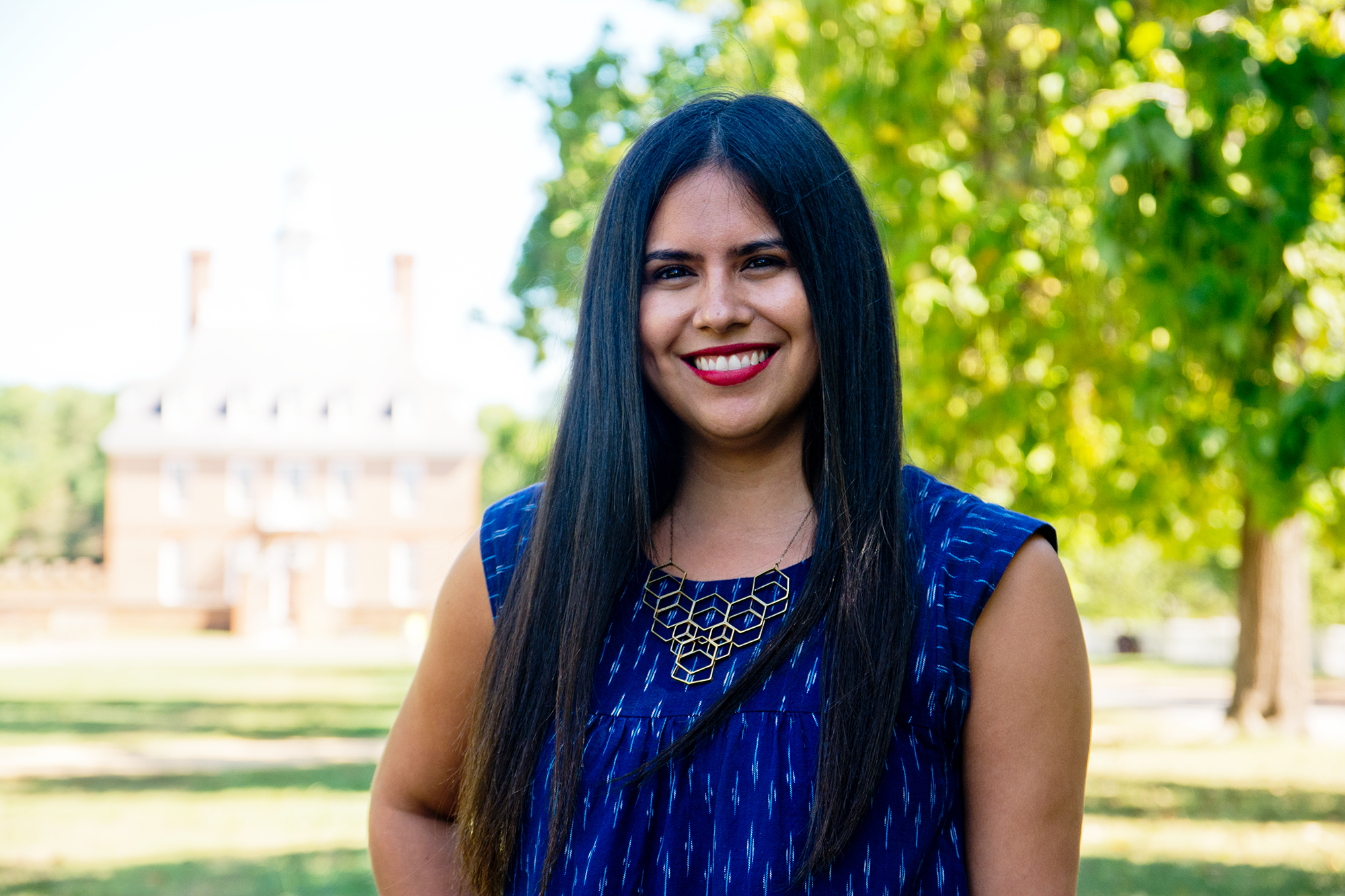 By Aurelia Davila Pratt
By Aurelia Davila Pratt
2017 BJC Fellow
For some time, I felt like I was living in two separate worlds: the world of the Baptist pastor and the world of the concerned citizen. I was interested in what I was seeing play out politically on the local, state and national stage, but I wasn’t sure what my role should look like as ordained clergy. My two worlds collided when I learned about John Leland, an American Baptist minister and abolitionist who was fundamental in the struggle for religious liberty in the United States. John Leland taught me that I have a role to play in the political arena, not despite my being a pastor, but because of it.
On the first full day of my BJC Fellows experience, it really sunk in that I had been given a gift by being chosen to attend. Of course I was grateful for the obvious things: a paid trip, room and board, and delicious meals. But the real gift became more apparent with each lecture and the accompanying activities. This was the gift of knowledge, and I felt like a grateful sponge, soaking up information as it changed me from the inside out.
Specifically, I was inspired by the stories of those who advocated tirelessly for religious freedom upon the founding of our country. I especially loved reading direct quotes from people like John Leland. He may be gone now, but his passion for what is right is still very much alive, and it’s contagious! Leland said, “The only way to prevent religion from being an engine of cruelty is to exclude religious opinions from the civil code.”
What Leland said resonated with me deeply, and it left me with a revelation that sums up what I ultimately took away from the BJC Fellows program: Good intentions can be dangerous without knowledge. Without knowledge to support even the best of intentions, people are left with uncertainty and fear as their guiding principles. And when religious people act out of fear, religion inevitably becomes an engine of cruelty in society, just as Leland argued.
The day I learned Baptists were actually founded on the notion of religious liberty, I couldn’t believe it! As someone who did not always have a positive view of Baptists growing up, this historic distinctive was what would ultimately make me proud to claim Baptist as my faith tradition, one that would eventually ordain me. But I only became informed about religious liberty while in seminary, meaning it took higher education for me to gain a deeper understanding on this subject. This is one of many reasons why the work of the BJC is so essential.
Every day, the Baptist Joint Committee for Religious Liberty actively works to protect religious freedom and the institutional separation of church and state. They educate and inform the public on the truths surrounding religious liberty. And through the Fellows program, the BJC equips ordinary people like me to do the same in our congregations and communities. The intricacies of this freedom are threatened every single day in ways the general public doesn’t often recognize. I honestly don’t know where our society would be without the BJC, which is why I intend to support them both financially and as a liaison for as long as I am able.
Because of the Fellows program, I am more passionate than ever to take up the mantle and participate in the work of protecting religious liberty in our country, but perhaps more importantly, I am also now more equipped than ever to do so. I think about the people who have gone before me — people like John Leland — and I am reminded of why the preservation of religious liberty is absolutely necessary. This protection is for the good of ALL people in our society. For me, it is about more than tolerance; it is practicing radical and loving inclusion toward everyone no matter what. This is the kind of work I believe my faith calls me to every day, and it comes to life when good intentions are combined with well-equipped knowledge. Having both is truly a gift worth sharing.
Read other reflections from BJC Fellows and visit BJConline.org/Fellows for more on the program.




